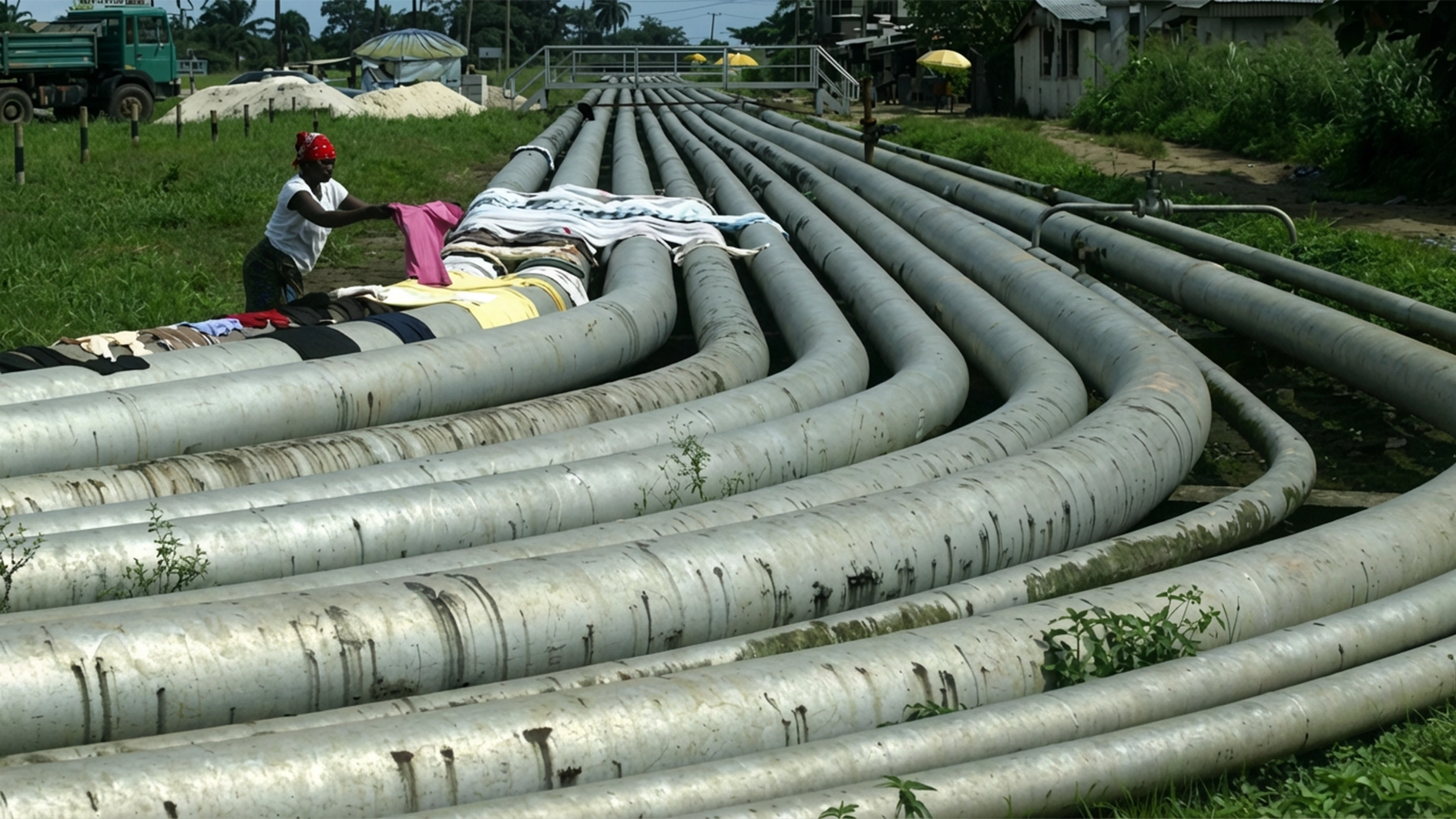- As commission, DisCo, consumers clash over ₦160/kWh Order
The Enugu Electricity Regulatory Commission (EERC) on Thursday held a public hearing on the petition filed by MainPower Electricity Distribution Limited, which is seeking a review of the Commission’s Tariff Order issued in July 2025.
The hearing brought together major stakeholders in the state’s power sector, including representatives of the Association of Nigerian Electricity Distributors (ANED), consumer advocacy groups, and regulatory officials.
Speaking at the event, the Chief Executive Officer of the Enugu Electricity Regulatory Commission, Chijioke Okonkwo, outlined the historical and regulatory context that led to the current tariff structure.
He recalled that following the enactment of the Electricity Act 2023, which empowered states to regulate electricity generation, transmission, and distribution within their territories, Enugu State moved swiftly to establish its own regulatory framework.
“Enugu State was proactive,” Okonkwo said. “The government first prepared a policy document, which led to the passage of the Enugu State Electricity Law, specifically designed for the benefit of Enugu citizens. Pursuant to that law, commissioners for the Enugu Electricity Regulatory Commission were appointed, enabling the state to formally seek regulatory transfer from the Nigerian Electricity Regulatory Commission (NERC).”
According to him, Enugu officially assumed full regulatory responsibility for electricity services on October 22, 2024, after a six-month transition period approved by NERC.
He explained that part of the transition process required the creation of MainPower Electricity Distribution Limited, a subsidiary that took over the assets, liabilities, and operations of the Enugu Electricity Distribution Company (EEDC) within the state.
“We subsequently licensed MainPower and issued it a tariff order governing electricity operations in Enugu State,” Okonkwo stated. “That order, issued on July 18, 2025, and effective August 1, 2025, was the result of extensive assessment and fair consideration of the company’s assets and liabilities.”
He said the ₦160 per kilowatt-hour tariff was “prudently determined” after examining various cost parameters, including customer numbers and distribution efficiency.
“However, MainPower later petitioned against the order, expressing disagreement with some of the assumptions and parameters used,” he said. “We considered it inappropriate to amend the order unilaterally and instead opted for this public hearing in line with our business rules — to ensure transparency, fairness, and public participation.”
In their presentation, MainPower Electricity Distribution Limited argued that the EERC did not follow due process in issuing the July 18, 2025, tariff order.
The company maintained that the Commission ignored its own business rules by releasing a tariff order without a bilateral agreement between both parties and by “cherry-picking numbers” that did not reflect operational realities.
“An independent audit firm, KPMG, reviewed the process and confirmed that the parameters used by EERC were wrong,” they said.
The firm urged the Commission to adopt the actual data presented to it, rather than assumptions, to ensure a fair and sustainable tariff framework.
The firm claimed that the current ₦160/kWh tariff was inconsistent with prevailing costs in the national electricity market and was unsustainable for its operations.
Also speaking, Sunday Oduntan, Chief Executive Officer of the Association of Nigerian Electricity Distributors (ANED), cautioned against setting tariffs below the actual cost of energy supplied to the state.
“In this industry, we are distributors, not generators,” Oduntan noted. “We buy electricity from those who produce it, and there is always a landing cost associated with that product.”
He explained that while the Electricity Act 2023 allows states to regulate electricity within their borders, they must still respect market realities when sourcing power from the national grid.
“Until Enugu begins generating its own electricity — for instance, from coal — it cannot fix arbitrary prices for a product that comes from outside its borders,” he said. “The cost must reflect the true landing cost, which the NERC currently calculates at about ₦209 per kilowatt-hour for Band A customers.”
Oduntan warned that setting tariffs below cost could reintroduce the burden of subsidies.
“If the cost price is higher than the regulated price, we must ask who pays the shortfall — are we going back to the era of subsidy?” he queried.
The South-East Electricity Consumers Association (SEECA), in its submission to the Commission, strongly opposed MainPower’s petition, insisting that the ₦160/kWh tariff should be retained.
In a memorandum signed by its Enugu State Chairperson, Patience Ifebuche Chukwu, SEECA argued that the EERC followed due process and provided fair hearing before issuing the tariff order.
“Records show that before the Tariff Order was made, a series of meetings and submissions were held between EERC and MainPower,” SEECA stated. “Fair hearing is not an automatic principle to be invoked at convenience. A party that had the opportunity to be heard cannot later claim denial.”
The association dismissed MainPower’s claim of ₦1.3 billion monthly losses, countering that electricity consumers had endured greater hardships due to erratic power supply, estimated billing, and poor service delivery.
“Consumers have suffered loss of lives, spoiled goods, and business closures. These losses far outweigh any purported loss claimed by the petitioner,” the group said, calling for the abolition of the controversial Band classification system, which it described as “discriminatory.”
SEECA recommended that if any review must be done, the tariff should not exceed ₦165/kWh.
On the way forward, the EERC said the submissions made at the public hearing would be thoroughly reviewed before any final decision is taken on the petition.






